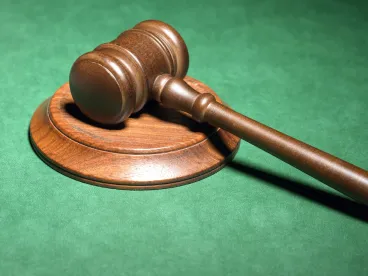I had never heard before of a "privacy tort" claim for "inclusion into seclusion." But it exists in North Carolina per Judge Gale's Opinion in Dishner v. Goneau, 2017 NCBC 7, decided in the NC Business Court this week. This is not a brand new tort. It has been recognized by the NC Court of Appeals in the cases cited by Judge Gale (see below) and is even spelled out in the Restatement (Second) of Torts §652.
What is it? "[T]he intentional intrusion, 'physically or otherwise, upon the solitude or seclusion of another or his private affairs or concerns.'” Op. ¶43. (quoting Miller v. Brooks, 123 N.C. App. 20, 26, 472 S.E.2d 350, 354 (1996) (quoting Smith v. Jack Eckerd Corp., 101 N.C. App. 566, 568, 400 S.E.2d 99, 100 (1991)).
The tort typically requires “a physical or sensory intrusion or an unauthorized prying into confidential personal records.”Op. Par. 43 (quoting Broughton v. McClatchy Newspapers, Inc., 161 N.C. App. 20, 29, 588 S.E.2d 20, 27(2003)).
The intrusion furthermore must be "highly offensive to a reasonable person." Op. ¶43.
The allegations of the Plaintiff as to the intrusion into seclusion didn't pass muster. He said that the Defendant, his former partner, had accessed his private email account without authorization and had sent emails to persons who were his contacts. Judge Gale dismissed that claim without prejudice in the event that the Plaintiff could restate the claim "with adequate supporting detail." Op. ¶46.
If you are thinking that this allegedly unauthorized intrusion into Plaintiff's computer sounds like a claim that could be brought under the Computer Fraud and Abuse Act, 18 U.S.C. §1030, so did the Plaintiff.
But that claim was dismissed as well. That statute requires that the Plaintiff plead and prove at least $5,000 in loss as a result of the violation. 18 U.S.C. §1030(g). Judge Gale said that "loss of goodwill, business opportunities, or revenue resulting from improperly acquired information do not constitute 'loss' within the meaning of the CFAA." Op. ¶41. He said that the $5,000 loss required under the statute must be "related to fixing a computer." Id.
Judge Gale's narrow interpretation of "loss" under the CFAA was based on Nexans Wires S.A. v. Sark-USA, Inc. 319 F. Supp. 2d 468, 475 (S.D.N.Y. 2004), aff’d, 166 F. App’x 559 (2d Cir. 2006), which contains a pretty thorough discussion of the point.




 />i
/>i
